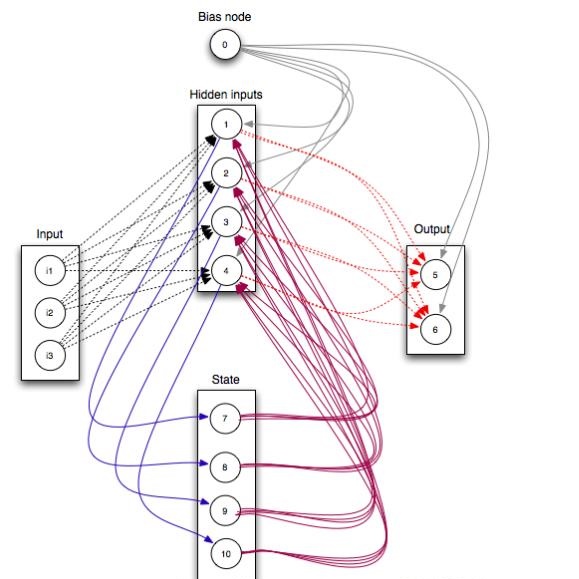Random Batch Methods (RBM) for mean-field interacting particle systems enable the reduction of the quadratic computational cost associated with particle interactions to a near-linear cost. The essence of these algorithms lies in the random partitioning of the particle ensemble into smaller batches at each time step. The interaction of each particle within these batches is then evolved until the subsequent time step. This approach effectively decreases the computational cost by an order of magnitude while increasing the amount of fluctuations due to the random partitioning. In this work, we propose a variance reduction technique for RBM applied to nonlocal PDEs of Fokker-Planck type based on a control variate strategy. The core idea is to construct a surrogate model that can be computed on the full set of particles at a linear cost while maintaining enough correlations with the original particle dynamics. Examples from models of collective behavior in opinion spreading and swarming dynamics demonstrate the great potential of the present approach.
翻译:暂无翻译




